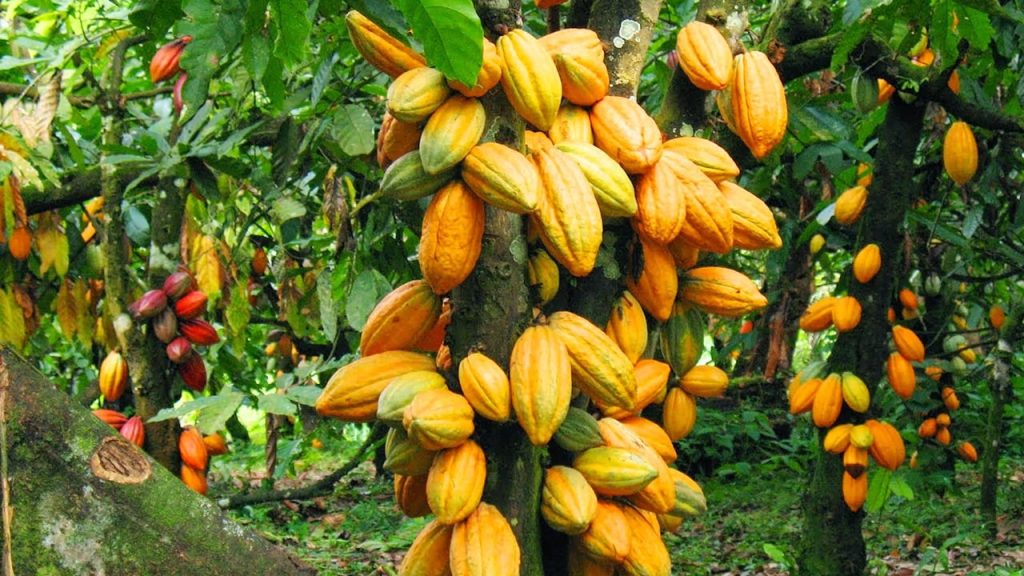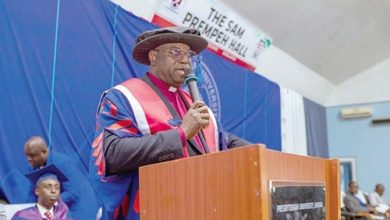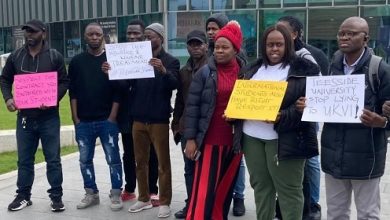We must build sustainable cocoa economy
Abtvgh / COCOBOD

No other country comes to mind more than Ghana when one speaks of cocoa.
Likewise, one cannot think of Ghana without the thought of its cocoa sector which offers livelihoods for millions along the value chain, including farmers.
Being one of the country’s main exports, cocoa has been central to the country’s debates on development, reforms and poverty alleviation strategies since independence in 1957.
Since the introduction of cocoa in Ghana in the late 19th century, the crop has undergone a series of major expansion and contractions.
Cycles are intrinsic to cocoa production because cocoa is influenced by environmental factors such as availability of forest land, ecological factors such as deforestation, outbreaks of disease, geographic shifts in production, and economic and social factors such as migration.
The grim forecast of drier weather conditions, elevated temperatures and decreased rainfall in the upcoming months, do not augur well for our production prospects.
The looming possibility of lower-than-expected yields casts a shadow over our production goals, emphasising the urgency of taking immediate action.
Recent price movements on the international cocoa market have been undesirable.
Cocoa bean prices have plummeted and are predicted to remain low during the COVID-19 period.
Over the years, the country has continuously exported raw cocoa beans with little value addition.
The fortunes of the hardworking farmers have become tied to the volatile cocoa bean market.
The Ghana Cocoa Board (COCOBOD) has been absorbing the shocks of price declines, with the aim of minimizing the negative impact on cocoa farmers.
Among other challenges facing the sector is the depreciating value of the cedi.
The situation has compelled some of the farmers to smuggle their produce out of the country into neighbouring countries, particularly Cote d’Ivoire and Togo, while some of them resort to giving out their farms for illegal mining, popularly called galamsey.
These two activities are counterproductive for the country, particularly so, as many people are diverting from cocoa production into other ventures other than cocoa farming.
It is in the light of this that the announcement last Saturday by President Nana Addo Dankwa Akufo-Addo of a new producer price for cocoa at the opening of the 2023-2024 cocoa season came as a big relief not only for the farmers, but the country as a whole.
The producer price has been increased from GH¢800 per 62.5 kg to GH¢1,308, representing a 63.5 per cent increment, which also translates to GH¢20,943 per tonne of raw cocoa beans.
It is the highest price to be paid to cocoa farmers across West Africa in over 50 years.
With the predicted stable prices above the 2,600 threshold, the government has given an assurance that it would continue to honour our farmers with good prices in the years ahead. Indeed, there are better days ahead.
Also commendable is the government’s decision to open the cocoa season in September instead of the usual October in order for the farmers to meet all their financial obligations to their families, especially as schools reopen.
The new price changes have been warmly received by the farmers.
The spontaneous applause, jubilation and shouts of joy by cocoa farmers who were at the durbar at the announcement of the new prices were understandable.
Nobody should begrudge the farmers for openly showing their excitement as they tried to mount the President’s podium to show their appreciation for the new price.
The Daily Graphic sees the increase as a positive intervention by the government to enable cocoa farmers to increase their yields.
The increase would not only motivate farmers to increase cocoa production, but also contribute to check the smuggling of cocoa beans to neighbouring countries.
With this increment, the low incomes of cocoa farmers will be improved and the move will further attract the youth to the sector.
This latest increment means that farmers can grow new cocoa and also employ more skilled workers on their farms, thereby addressing the unemployment situation the country is confronted with.
For many years, cocoa prices have been subjected to the global market prices and so the decision by the government to increase the price of cocoa for the farmers is a major step to deal with the challenges head-on.
As Ghanaians, we must work towards a sustainable cocoa economy that delivers increasing and continuous benefits to our dear farmers and all stakeholders in the value chain.
As Ghanaians, we must work towards a sustainable cocoa economy that delivers increasing and continuous benefits to our dear farmers and all stakeholders in the value chain.



